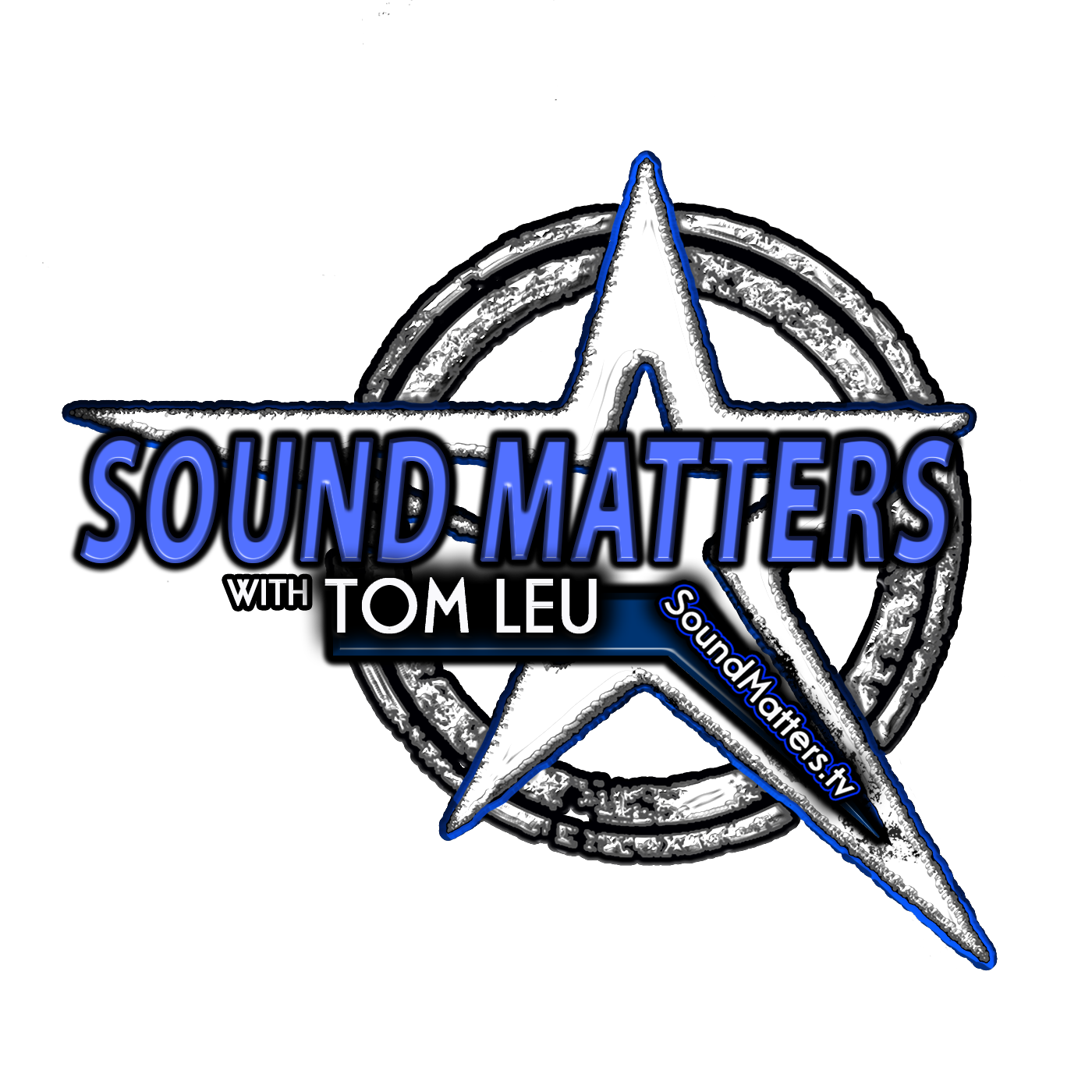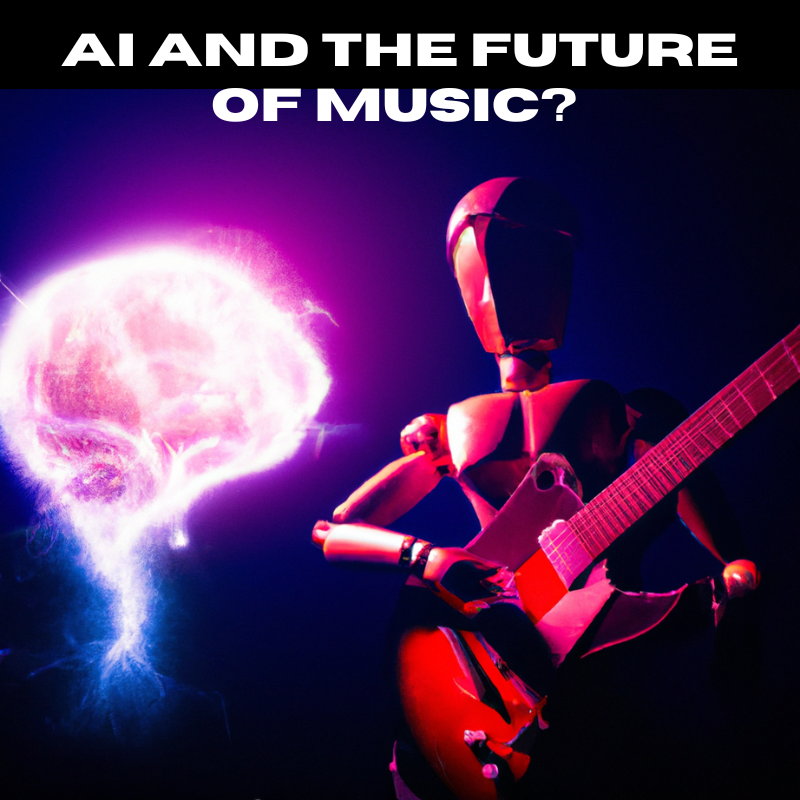The hot topic many are slathering (and sweating) over these days is Artificial Intelligence and its future. I’m especially interested in the arguments around AI-generated music composition. The mere thought of it is enough to make music lovers and aficionados alike roll their eyes and lament.
Drop a current email to be notified of new posts:
The world of music is already saturated with a plethora of generic pop songs, auto-tuned vocals, and throwaway lyrics, and now we have to contend with the prospect of AI-generated music taking over the airwaves and digital landscapes?
(This will be as fun to re-read in the future as it is reading late 1990’s hot takes on the new “internet” technology bursting onto the scene).
Let’s get one thing straight: AI-generated music is not a new concept. It’s been around for decades, quietly churning out mediocre elevator music and background tracks for low-budget TV shows and films. But recently, with the advent of machine learning and neural networks, AI-generated music has taken on new levels of sophistication. At its most basic level, AI-generated music is music that has been composed, in part or in full, by an artificial intelligence program scrubbing the internet for data (duh). New versions, platforms and apps are popping up frequently. These programs use complex algorithms to analyze EXISTING pieces of music and identify patterns and structures that can be replicated in new compositions.
In theory, this all sounds quite impressive. After all, if a computer can learn to compose music in the same way that a human can, then surely it’s only a matter of time before AI-generated music becomes just as emotionally resonant and artistically valid as human-generated music, right?
Not so fast…
AI will never be able to capture the raw emotion and energy that comes from a live human performance. And that’s what music is all about — connecting with people on a deeper level, and sharing experiences and emotions through the power of sound. Just because a computer algorithm can compose a passable melody doesn’t mean it’s going to revolutionize the music industry. While some of it may sound decent, there’s no denying that much of it lacks the soul and emotion that makes music truly great. But who cares about soul and emotion when we have algorithms, right? Why bother with the creative process when we can plug in some data and let a computer do all the work for us? The most likely outcome is that we’ll be inundated with a tidal wave of forgettable, lifeless tunes that all sound like they were produced by the same generic algorithm.
But let’s not get ahead of ourselves. Maybe AI-generated music will surprise us. Maybe it will lead to a whole new era of musical creativity and innovation. Or maybe this will be the final nail in the coffin of an already beaten down industry. One thing is for sure: the future of AI-generated music composition is going to be messy, chaotic, and unpredictable. And that’s exactly what makes it so exciting.
For starters, there’s the issue of CREATIVITY. While AI programs can generate music that sounds pleasant to the ear, they’re ultimately limited by the algorithms that were programmed into them. They can identify patterns and structures, but they can’t create something truly new and ORIGINAL. As a result, much of the AI-generated music that’s currently out there today sounds like a watered-down version of existing genres and styles. But it will continue to improve, quickly.
Then there’s the question of INTENT. When a human composes a piece of music, they’re doing it with a specific purpose in mind. Maybe they’re trying to convey a particular emotion or tell a story. Maybe they’re experimenting with different sounds and structures to see what they can come up with. Whatever the reason, there’s usually a sense of intentionality behind the composition. At present, AI-generated music is created without any inherent intent. It’s simply a collection of notes and sounds that have been stitched together based on pre-determined algorithms scraped from the internet. There’s no emotional or artistic depth behind it. It’s just… there.
Of course, there are those who argue that AI-generated music could still have value as a kind of sonic wallpaper. Not every piece of music needs to be emotionally resonant or artistically groundbreaking. Sometimes you just want something pleasant to listen to in the background while you work or relax. But even this argument falls flat when you consider the fact that there’s already plenty of music out there that fits this description. A quick search on Spotify or Apple Music will return tons of playlists for study, work, or relaxation, etc. We don’t need AI-generated music to fill this niche.
And let’s not forget about the ETHICAL implications of AI-generated music. Who owns the COPYRIGHT to a piece of music that is composed by a machine? Who gets credit for the creative input? And what happens when an AI-generated hit song is used to sell products or promote political agendas? What about the potential for profit here? With AI-generated music, record labels and streaming services can churn out endless amounts of content without having to pay human musicians. Why pay for the real thing when you can have a computer do it for a fraction of the cost? These are all questions that we’ll have to grapple with as AI-generated music becomes more prevalent.
So where does that leave us? Are we doomed to a future of bland, formulaic music produced by soulless algorithms? Or can we harness the power of AI to create something unique and revolutionary? The answer is likely somewhere between the two extremes. AI-generated music does have its place in the world, and can be a useful TOOL for musicians, composers and producers looking for new sounds and inspiration.
Imagine the endless possibilities of using AI to source your own back catalog of intellectual property and original art to create and/or complete NEW works? It’s about shifting the thought process surrounding AI from sourcing public web content to sourcing your own content — to essentially create and embrace a digital collaborator of yourself…
So, AI-generated music is not inherently good or bad. It’s a means to an end. And it’s up to us to decide how we want to use it. But it should never be seen as a complete replacement for the real thing. Music is a human experience, and it should be treated as such.
Maybe we’ll use AI-generated music to break down the barriers between genres and create more hybrid musical styles that defy classification. Maybe we’ll use it to explore the outer limits of human perception and consciousness, producing sounds that are too complex and abstract for any human to imagine. Or maybe we’ll use it to make a quick buck and churn out more of the same tired dreck that has dominated the “charts” for the past two plus decades.
Time will tell.
Obviously at present, AI-generated music is still a relatively new development. As the technology behind it improves, it’s likely we’ll start to see more sophisticated and emotionally resonant compositions emerge. But regardless, there’s still something to be said for the human touch in music. There will always be a place for music that’s been created by real, living, breathing human beings. Whether it’s a bombastic, hard rock anthem or a soaring orchestral masterpiece, there’s something undeniable about music that’s been crafted by human hands and human hearts.
So no, the future of AI-generated music composition isn’t necessarily a bleak one. It’s just a reminder that at least currently, there’s one thing that machines cannot replicate fully… and that’s HUMANITY. And in a world that’s increasingly dominated by technology and automation, that’s something worth celebrating.
Stay tuned-in…
Postscript: The initial outline for this piece was deliberately and ironically generated using a single prompt in ChatGPT, and the blog image generated using DALL-E. Then, the meticulous editing (adding, deleting, embellishing) by yours truly provided the inimitable humanity making it a true “co-creation” between AI and I (grammatical error deliberate).
Drop a current email to be notified of new posts:


Related Episodes...
#1 Music Promotion Secret
Get Loaded
SMM: Human Behavior